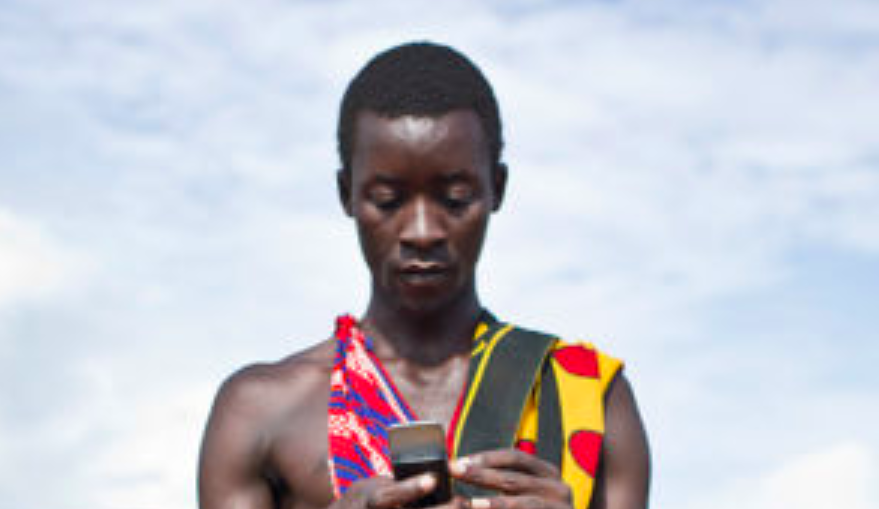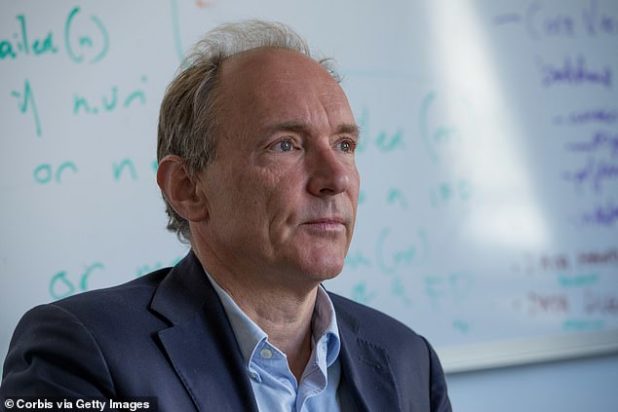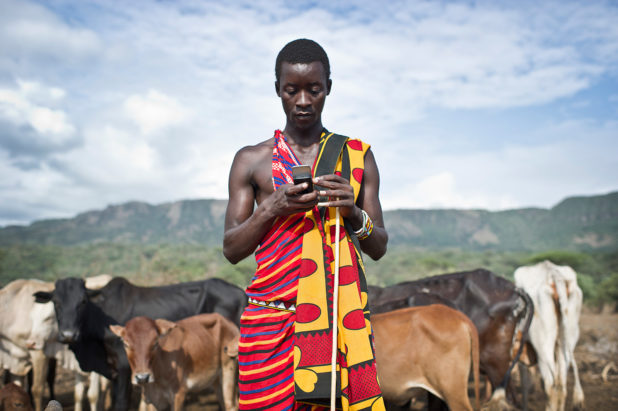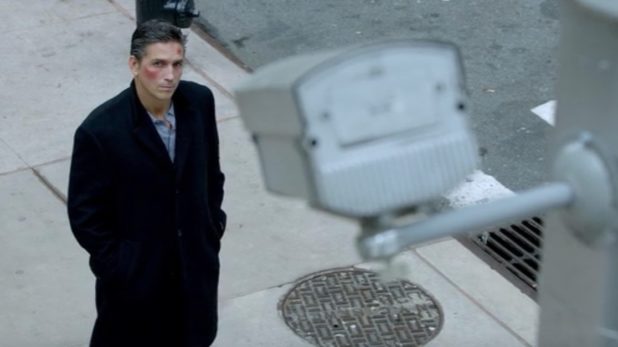Sir Tim Berners-Lee
In this new installment of “we need everyone to do X in order for the fight against the pandemic to work,” experts are telling us that everyone must access the internet if we hope to defeat the virus that’s ravaging nursing homes all across the world.
Previous installments in the series include:
- Every US state must be under lockdown at the same time in order for lockdowns to work
- Africa must have coronavirus under control in order to prevent new outbreaks in America and Europe
- Everyone’s movements must be tracked through their smartphones in order for virus to stop spreading
- Everyone must be under surveillance in order for lockdowns to be lifted
Do keep in mind that coronavirus is only really a threat to the sick and the old.
Half the world’s population doesn’t have access to the internet and this is holding back efforts to slow the spread of coronavirus, campaigners warn.
The Web Foundation, established by World Wide Web inventor Sir Tim Berners-Lee, says digital tools to slow the spread of COVID-19 aren’t as effective as they should be as so many people can’t share information online.
The group campaigns for universal internet access to be considered a basic right – saying that if this was already in place the virus could have been slowed sooner.
In its latest report, it said the current crisis and subsequent lockdown – with millions working and studying from home – underlines the importance of internet access.
Adrian Lovett, president of the Web Foundation, said: ‘The web is a critical lifeline. And yet billions are not connected as we fail to meet these targets.’
‘While this crisis affects everyone, those without the tools to protect themselves and their families are more vulnerable to the virus and its painful economic and social impacts,’ the web advocate added.
The group say the virus outbreak proves ‘the web is a basic right, not a luxury’, saying that efforts to tackle COVID-19 must include getting as many people connected to the internet as quickly as possible.
‘This global pandemic has cruelly exposed the extent of the digital divide,’ said Lovett.
‘Governments and companies must work urgently to accelerate progress to ensure that everyone, everywhere has the opportunity to get online.’
The Web Foundation warned that because most people who are unable to get online were in low and middle-income countries, as COVID-19 cases in those countries rise, the lack of digital resources could hinder steps to stop the spread.
Many of the tools being used around the world to trace and slow the spread of the virus require an active internet connection.
An app being built by the NHS in the UK uses a combination of Bluetooth and other technology to alert smartphone users when they have come into contact with someone who has tested positive for the virus.
These apps are seen by many experts as a vital tool in slowing the outbreak and helping countries out of lockdown but they require a significant majority of the country to install the app.
In the UK the NHS is said to be hoping for 80 per cent uptake of its new app – something impossible in countries with very low internet availability.
This is being framed as “oh no, the poor people who cannot read the fake news about this fake pandemic are in danger!”, but it’s actually a smart move to consolidate unthinkable power at a global scale.
Once everyone has internet access, the internet can access everyone.
Devices such as smartphones allow people to access the internet, but it can also allow governments to access people’s devices through the internet.
Considering that coronavirus is less scary than the flu, chances are that the real goal here is to have access to people.




